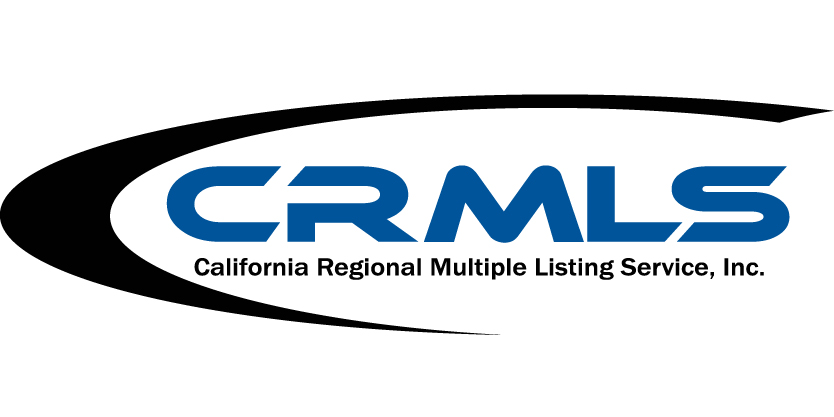Westchester began the 20th century as an agricultural area, growing a wide variety of crops in the dry, farming-friendly climate. The rapid development of the aerospace industry near Mines Field (as the Los Angeles Airport was then known), the move of then Loyola University to the area in 1928, and population growth in Los Angeles as a whole created a demand for housing in the area. Westchester hosted the cross country part of the eventing equestrian event for the 1932 Summer Olympics in Los Angeles.
In the late 1930s, real estate magnate Fritz Burns and his partner Fred W. Marlow [8] developed a tract of inexpensive prefabricated single-family homes on the site of a former hog farm at the intersection of Manchester and Sepulveda Boulevards. This community, dubbed "Westchester", grew as the aerospace industry boomed in World War II and afterward. A Los Angeles Times article in 1989 described the development as "a raw suburb", "created willy-nilly in the 1940s".
The area was predominantly residential. When the area had 30,000 residents, it was still lacking a police station, fire station, or hospital. It lacked a barber shop even by 1949.
The 1960s saw the introduction of airliners that could make trans-Pacific flights without refueling, causing a massive increase in air traffic at LAX. When the North Airfield Complex was constructed the increase in noise from jet takeoffs greatly decreased the desirability of the residential areas adjoining LAX. In response, the city of Los Angeles began a program of purchasing and condemning houses from noise-weary homeowners; as a result, a number of streets just north of the airport have been decommissioned, and the homes along those streets demolished. In all, Westchester lost 4,500 homes and 14,000 residents. The 18-hole Westchester golf course became a 15-hole course. In 2007 Los Angeles World Airport (LAWA) proposed another move of the north runway into Westchester; local opposition to LAX expansion (first proposed in the late 1990s) rose.
In February 2010, a NASA panel found that the north runway was safe and should stay as it is. That same month, LAWA broke ground on a $1.5 billion expansion of the Bradley International Terminal.
Home prices rose 25 percent in 2013–14 while most southern California communities were recovering much more slowly. A major factor has been the influx of technology companies in Playa Vista as the Silicon Beach phenomenon in west Los Angeles has spread. The community also experienced a boom in home additions or complete rehabilitation of traditional postwar ranch-style houses into larger two-story homes. The Howard Hughes Center was a significant addition to the neighborhood in 2001 next to the San Diego Freeway. Development continued until by 2015 the complex had 1.3 million square feet of office space (120,000 square metres) in high-rise buildings, 3,200 apartments, and an updated, renovated shopping mall.


